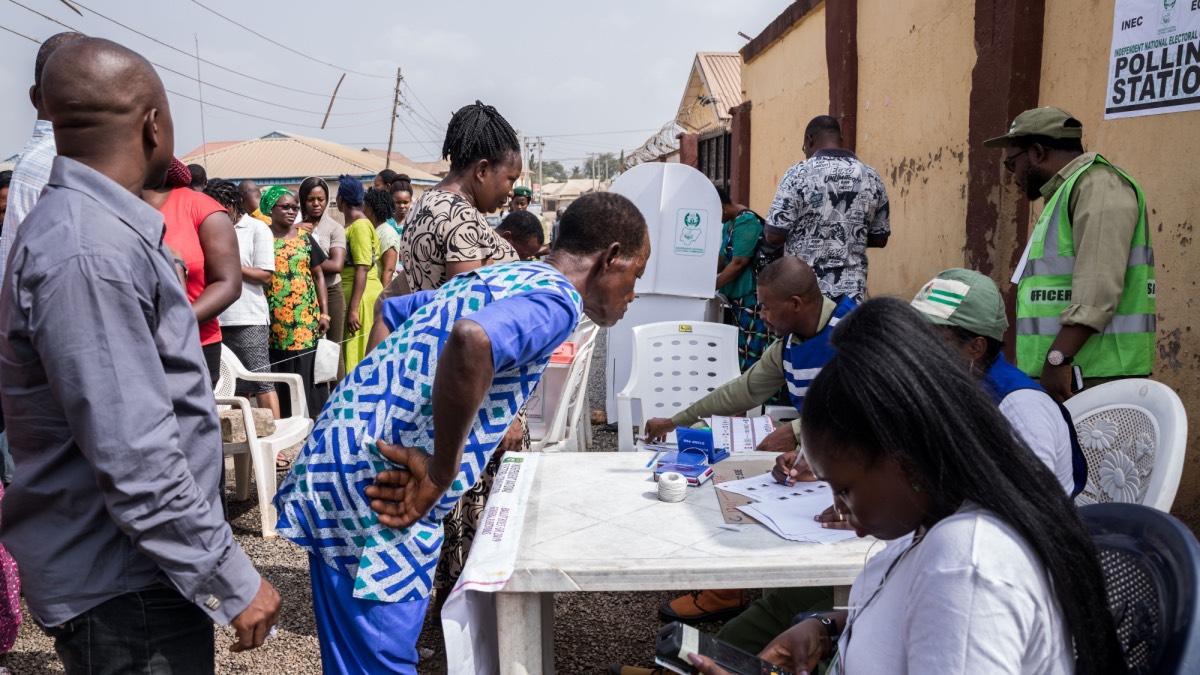PORT HARCOURT, Nigeria — Despite calls from the Nigerian Police Force and other stakeholders to suspend the election, the Rivers State Independent Electoral Commission, RSIEC, has pressed ahead with the local government polls scheduled for Saturday, October 5.
Both sensitive and non-sensitive election materials arrived at various Registration and Accreditation Centers (RACs) in several local government areas, with reports of voters casting their ballots in a generally quiet atmosphere.
On Friday, RSIEC had encouraged voters to exercise their voting rights, citing adherence to the provisions of the Electoral Act.
In a statement issued by RSIEC’s Commissioner for Civil Education/Public Affairs, Tobin Tamunotonye, the commission reaffirmed its commitment to holding the elections. “For the avoidance of doubt, we emphasize unequivocally that the 5th October 2024 Local Government Council Elections in Rivers State will hold as scheduled, and there is no going back,” the statement read.
Governor Siminalayi Fubara also remained steadfast in his determination to move forward with the elections.
Speaking to the public on Friday, Fubara accused the Inspector General of Police (IGP), Kayode Egbetokun, of undermining the election to benefit an “Abuja-based politician.”
The governor reiterated that the elections would proceed, despite the withdrawal of police officers from their supervisory roles.
At polling units, including the one located at Government Technical College in Ahoada East, voters were seen queuing to cast their ballots.
However, the absence of security personnel at polling stations, typically provided by the police, was evident, leading to a different atmosphere from usual election days.
The Rivers State Police Command had earlier cited a Federal High Court order from Abuja, which it said restrained the police from participating in the elections.
In response, RSIEC and the governor continued with preparations, insisting that the legal backing for the elections was in place.
With the elections underway, attention has turned to how the process will unfold without the usual police presence and how the results of the elections will be received by the state’s political landscape.







